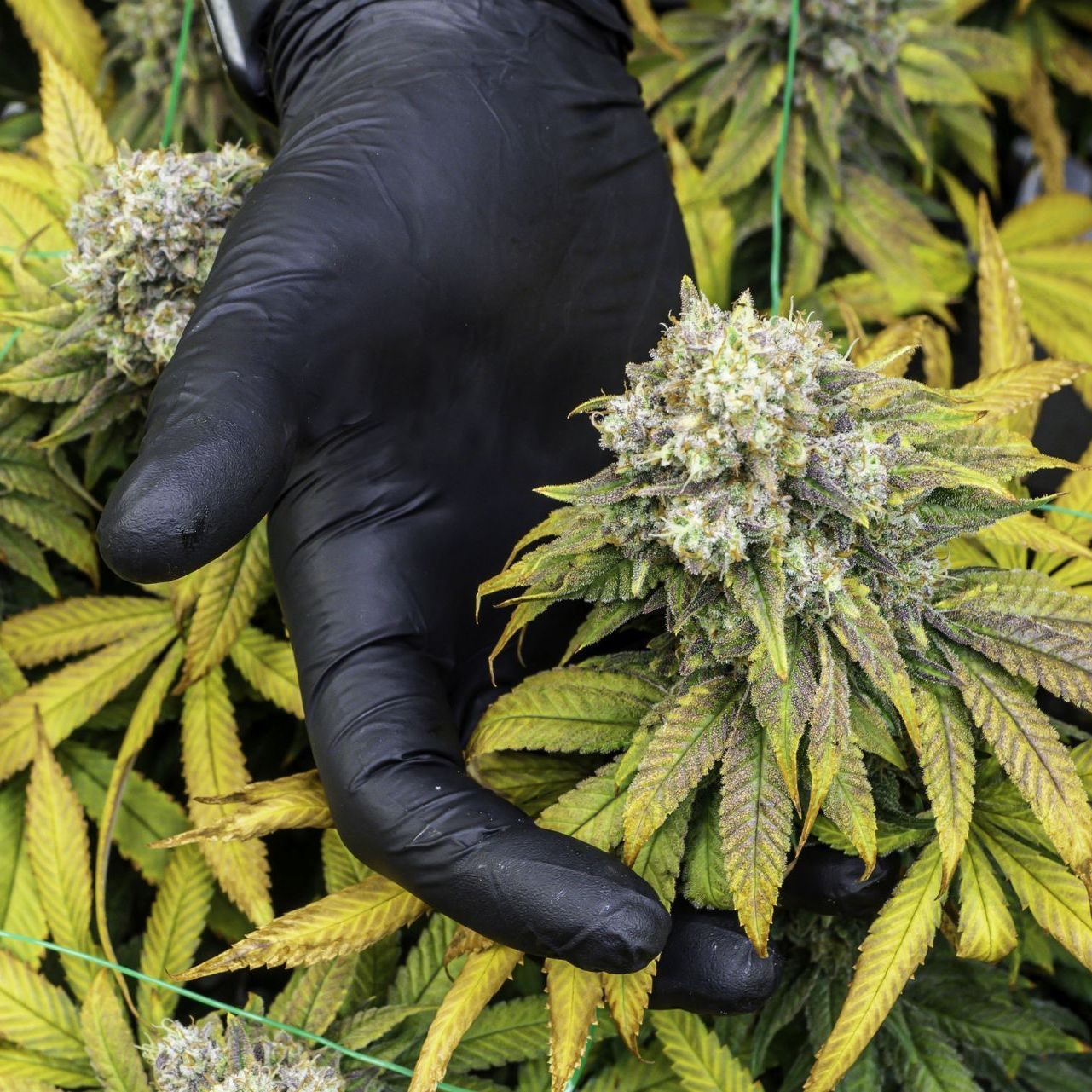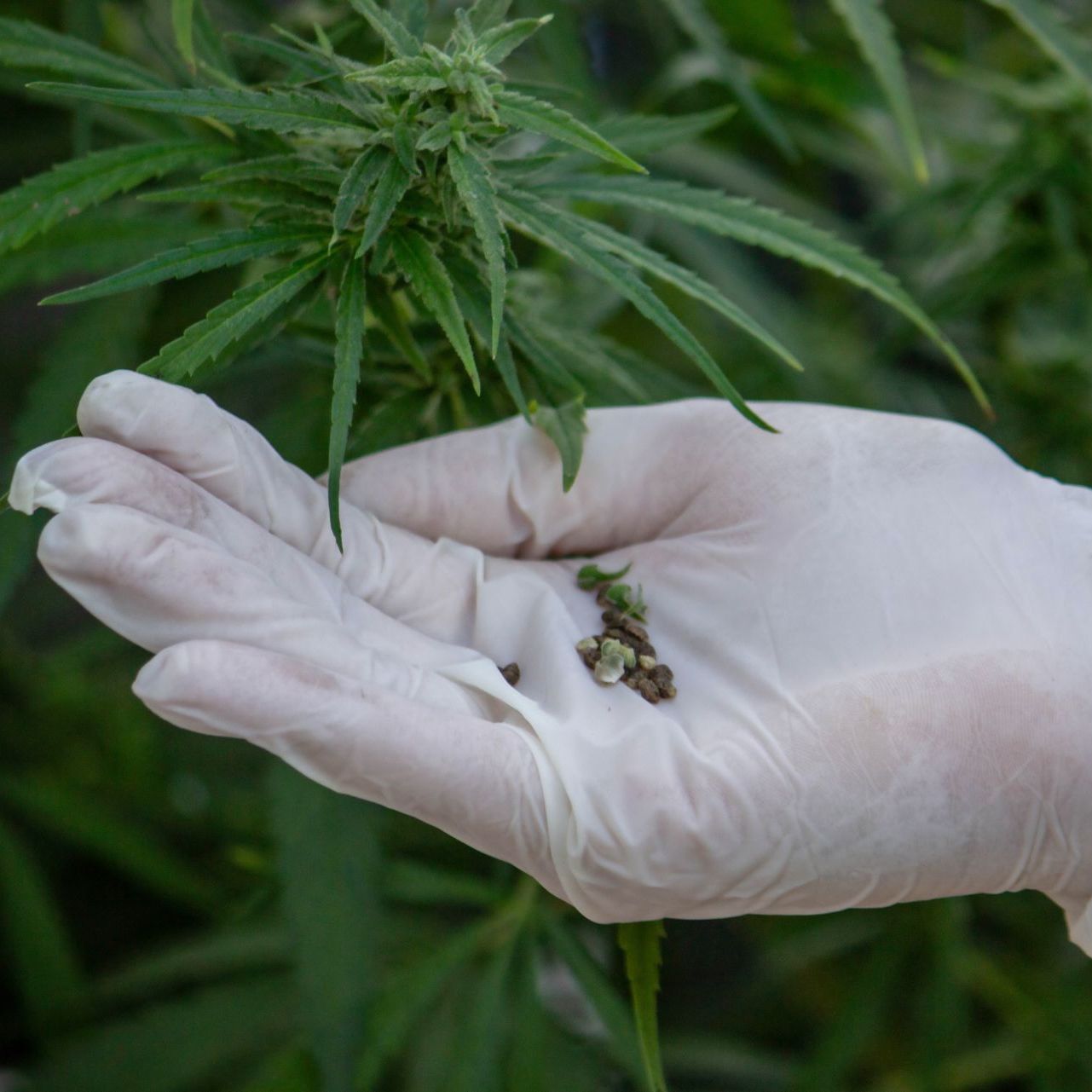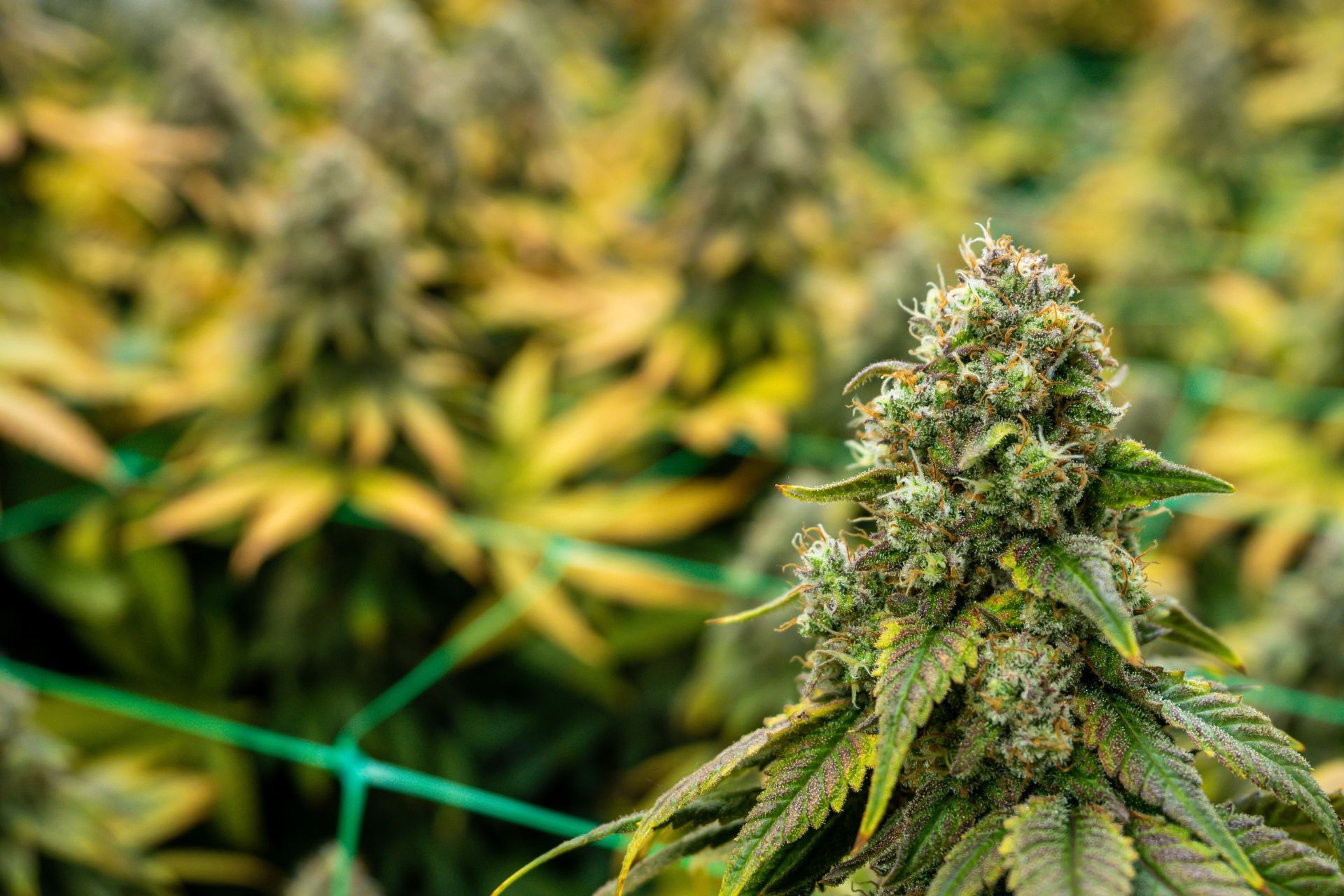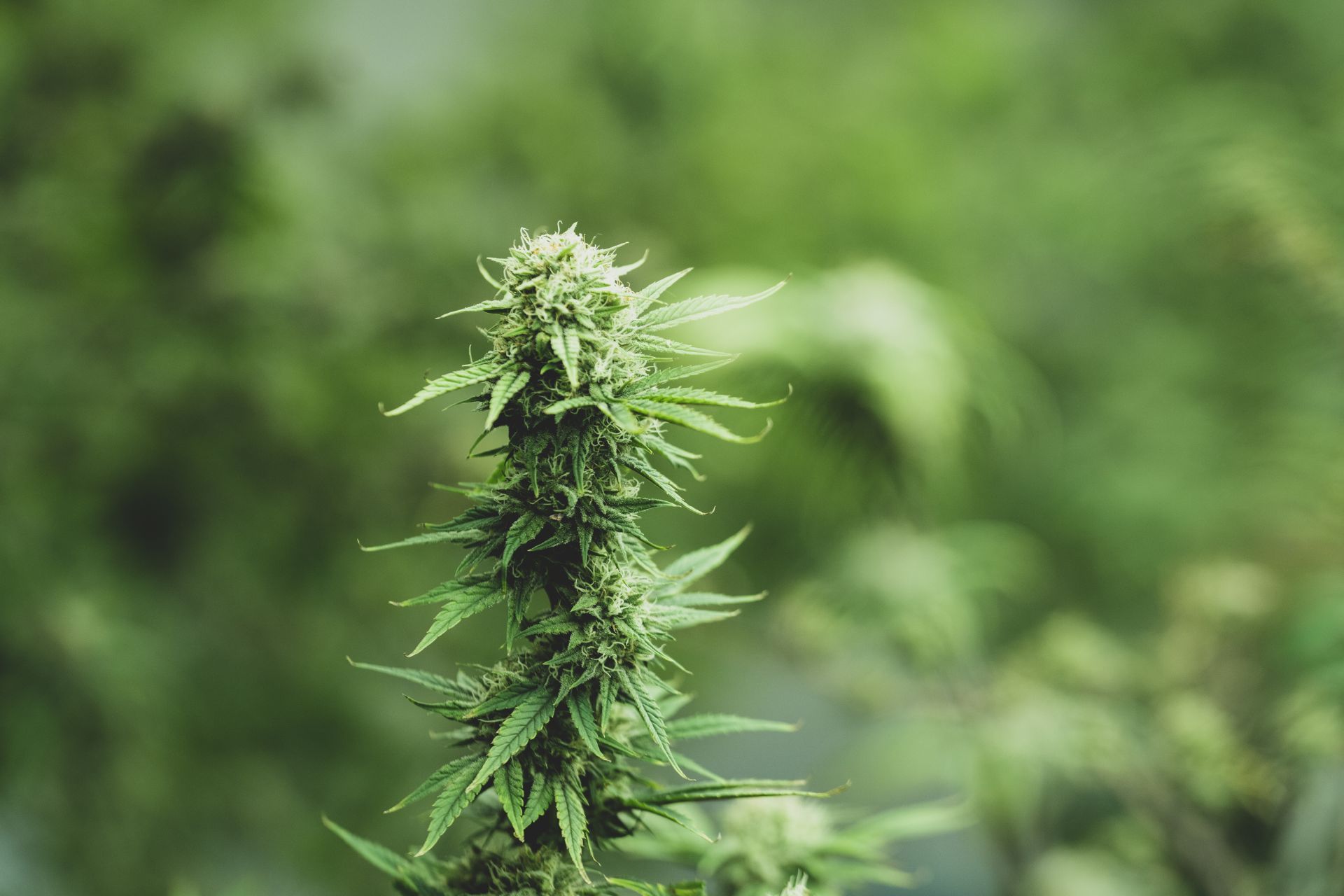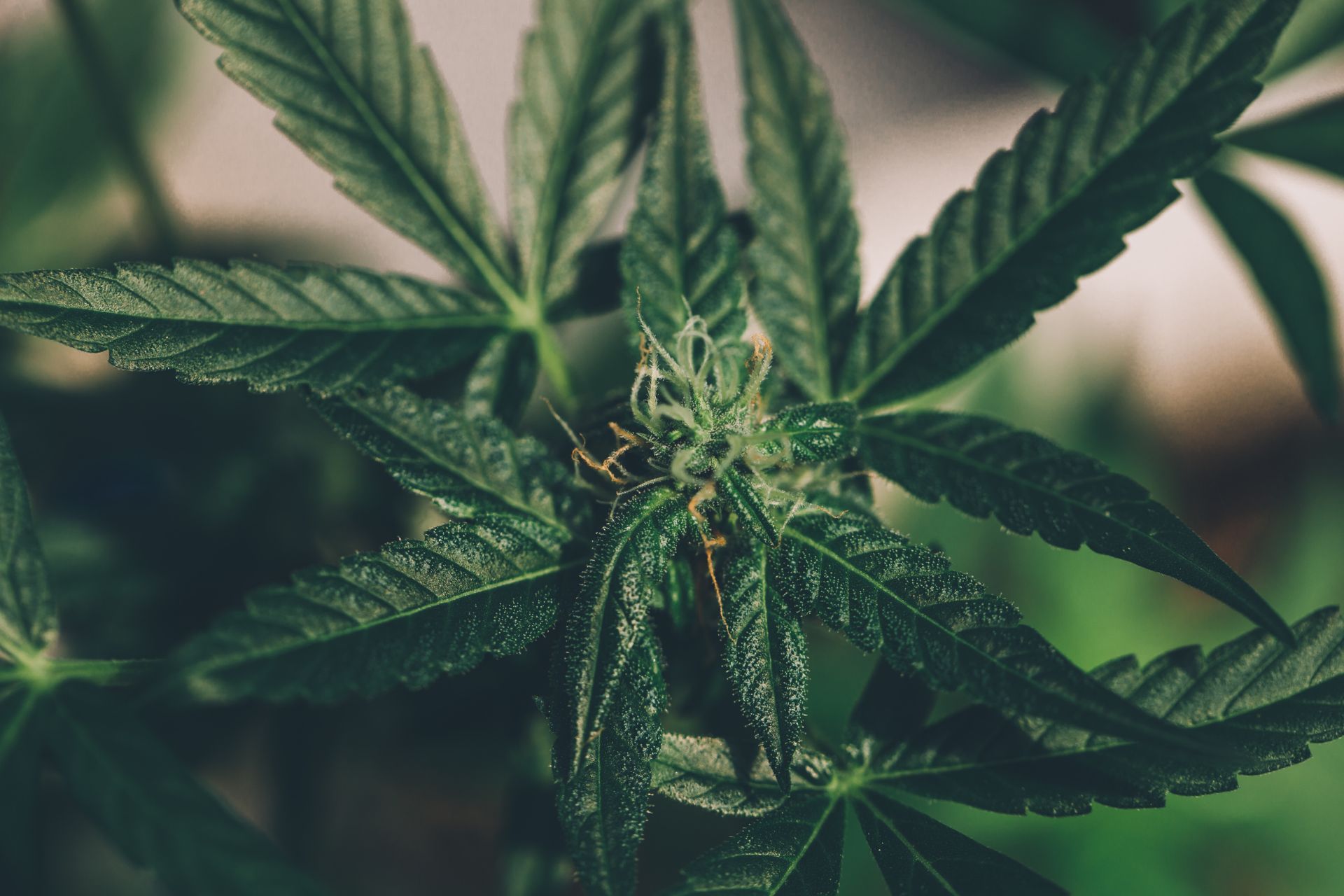Running a dispensary in Utah means navigating a unique mix of regulatory requirements, patient needs, and market challenges. With over 104,000 active medical cannabis cardholders as of September 2025, the state’s medical cannabis program is sizable and growing. This growth brings opportunities but also risks that make proper insurance coverage essential for dispensary owners.
Understanding the landscape of dispensary insurance in Utah requires a clear view of the local market dynamics, recent legislative changes, and the challenges patients face. This guide will walk through key insurance considerations, cost factors, and how to protect your business while serving a complex and evolving market.
Why Dispensary Insurance Matters in Utah
Medical cannabis dispensaries face risks that go beyond typical retail businesses. Product liability, regulatory compliance, property damage, and employee-related risks all come into play. Without insurance coverage tailored to these specific challenges, dispensaries expose themselves to potentially devastating financial losses.
Utah’s medical cannabis market is unique. According to Dr. Brandon Forsyth, UDAF Director of Industrial Hemp and Medical Cannabis, patients in Utah benefit from legal access to affordable medication compared to other states. Yet, the market still contends with illicit product use and supply shortages, which can indirectly affect dispensaries’ reputations and operations. The rapid growth of the industry has also led to increased scrutiny from regulatory bodies, making it essential for dispensaries to stay informed about the latest legislative changes and compliance requirements.
Dispensary insurance helps mitigate risks related to product recalls, theft, and even lawsuits stemming from adverse patient reactions. It also supports compliance with state regulations, which are constantly evolving. For example, Senate Bill 64, passed earlier this year, banned "card drive" clinics that offered discounted consultations. This shift impacts how dispensaries and certifying providers operate, which in turn influences insurance needs. Furthermore, as the industry matures, dispensaries must also consider the implications of cybersecurity threats, as their digital records and patient data become increasingly vulnerable to breaches.
In addition to protecting against financial losses, dispensary insurance can also enhance a business's credibility in the eyes of both consumers and investors. Having comprehensive coverage demonstrates a commitment to responsible business practices and patient safety, which can foster trust within the community. As more patients seek access to medical cannabis, dispensaries that prioritize insurance and risk management will likely find themselves better positioned to thrive in a competitive market.
Learn more about
Utah’s medical cannabis program growth and how it shapes the industry.

Article By: Deb Sculli
Cannabis Insurance Specialist
TruePath Insurance is fully licensed and authorized to provide comprehensive insurance solutions across multiple states.
We proudly serve individuals and businesses nationwide, offering access to trusted regional and national carriers. Our goal is to help clients find reliable, affordable coverage that aligns with their goals—whether for personal protection, business stability, or long-term financial security.
Types of Insurance Coverage for Utah Dispensaries
Dispensaries require a combination of insurance policies to cover the full spectrum of risks. Here are the most critical types:
1. General Liability Insurance
This protects against third-party claims of bodily injury or property damage occurring on your premises. Slip-and-fall accidents or damage caused by dispensary operations fall under this coverage. It is essential for dispensaries to maintain a safe environment, as any incidents can lead to costly lawsuits and damage to the business's reputation.
2. Product Liability Insurance
Given the nature of cannabis products, this coverage is vital. It protects against claims arising from adverse effects or contamination of products sold to patients. The cannabis industry is still navigating regulatory landscapes, making product liability insurance crucial for safeguarding against potential legal challenges that could arise from product recalls or health-related claims.
3. Property Insurance
Dispensaries often invest heavily in inventory and equipment. Property insurance covers losses from fire, theft, or natural disasters. This type of insurance not only protects the physical assets of the business but also provides peace of mind, allowing dispensary owners to focus on operations without the constant worry of unforeseen events that could jeopardize their livelihood.
4. Crop Insurance
For vertically integrated businesses that cultivate cannabis, crop insurance protects against losses due to pests, weather, or disease. This coverage is particularly important in Utah, where the climate can be unpredictable, and growers may face challenges that threaten their harvests. By investing in crop insurance, dispensaries can ensure that they are financially protected against the inherent risks of cultivation.
5. Workers’ Compensation
Required by Utah law for most employers, this covers employee injuries sustained on the job. In the fast-paced environment of a dispensary, employees may encounter various hazards, from handling heavy inventory to working with machinery. Ensuring that workers are protected not only fulfills legal obligations but also fosters a positive workplace culture, demonstrating that the business values the health and safety of its employees.
6. Cyber Liability Insurance
With patient data and digital transactions, dispensaries face cybersecurity risks. This insurance helps cover costs related to data breaches or cyberattacks. As technology continues to evolve, the threat landscape grows, making it imperative for dispensaries to invest in robust cybersecurity measures alongside their insurance policies. This coverage can help mitigate the financial impact of a breach, including legal fees, notification costs, and potential fines.
7. Commercial Auto Insurance
Especially relevant with the surge in rural home deliveries—up 462% from 2021 to 2022—this insurance covers vehicles used for delivery services. As dispensaries expand their reach to accommodate patient needs, having the right auto insurance ensures that delivery vehicles are protected against accidents, theft, and liability claims. Moreover, with the increasing demand for home delivery services, dispensaries can enhance their customer experience while safeguarding their assets.
For context on delivery trends, see the
statistic on rural home deliveries. The rapid growth in this sector underscores the importance of adapting insurance coverage to meet evolving business models, ensuring that dispensaries remain resilient in a competitive market.

Factors Influencing Dispensary Insurance Costs in Utah
Insurance premiums for Utah dispensaries vary widely based on several factors. Understanding these can help business owners budget effectively and choose the right coverage.
Regulatory Environment
Compliance with Utah’s strict medical cannabis laws affects insurance pricing. Recent legislation like Senate Bill 64, which bans "card drive" clinics, changes the landscape and can influence risk assessments by insurers. Additionally, dispensaries must navigate a complex web of local ordinances and state regulations, which can differ significantly across municipalities. This regulatory patchwork means that dispensaries must stay informed and adaptable, ensuring they meet all legal requirements to avoid penalties that could further impact their insurance costs.
Business Size and Scope
Larger dispensaries with higher sales volumes or multiple locations generally face higher premiums. Similarly, businesses involved in cultivation or delivery services may pay more due to increased risk exposure. The scale of operations can also affect the type of coverage needed; for instance, a dispensary that grows its own cannabis may require specialized crop insurance, while one that focuses solely on retail may prioritize liability coverage. This differentiation in insurance needs underscores the importance of a tailored approach to risk management.
Claims History
Dispensaries with a history of claims or legal issues can expect higher rates. Maintaining a strong safety record and compliance helps keep costs down. Insurers often scrutinize past incidents to assess the likelihood of future claims, meaning that dispensaries must implement robust risk management practices. Regular training for staff on safety protocols and compliance can mitigate risks and demonstrate to insurers that the business is proactive in managing potential liabilities.
Product Range and Inventory
Dispensaries offering a wide variety of products, including edibles, concentrates, and topicals, may face more complex liability risks. Inventory value also plays a role in property insurance costs. The diverse nature of cannabis products means that dispensaries must be vigilant about product safety and labeling, as any misstep can lead to consumer complaints or legal challenges. Furthermore, the volatility of cannabis product prices can affect inventory valuations, which in turn influences the overall insurance premiums that dispensaries face.
Market Challenges
Despite legal access, 59% of cannabis products in Utah are still acquired from illicit sources, according to a University of Utah study. This illicit market presence can indirectly impact dispensaries by creating patient distrust or complicating supply chains, potentially affecting insurance risk profiles. The prevalence of unregulated products can lead to increased scrutiny from regulators and insurers alike, as they assess the potential for liability claims stemming from consumer dissatisfaction or health issues related to untested products. As the legal market continues to evolve, dispensaries must not only focus on their own operations but also consider the broader market dynamics that could influence their insurance landscape.
Read more about the
study on illicit cannabis use.
Challenges Facing Utah Dispensaries and Their Impact on Insurance
Utah dispensaries operate in a market with distinct hurdles that influence insurance needs and costs.
Patient Access and Supply Issues
About 41% of patients report limited or very limited access to desired medical cannabis products. This shortage can lead patients to seek illicit sources, raising concerns about product safety and quality. Dispensaries must manage inventory carefully to meet demand while avoiding overstock. The challenge is compounded by fluctuating supply chains and regulatory changes that can impact product availability. Dispensaries are often left scrambling to adjust their offerings, which can lead to further dissatisfaction among patients who rely on specific strains or formulations for their medical conditions. This unpredictability not only affects patient health outcomes but also places additional strain on dispensaries’ operational planning and financial forecasting.
Cost Sensitivity Among Patients
One-quarter of patients travel outside Utah to purchase cannabis products due to cost differences. This price sensitivity pressures dispensaries to keep prices competitive, which can affect profit margins and, by extension, the ability to invest in comprehensive insurance coverage. As dispensaries strive to balance affordability with quality, they may find themselves caught in a cycle of discounting that undermines their financial stability. Additionally, many patients are unaware of the potential long-term benefits of investing in higher-quality products, which can lead to a perception that all cannabis is interchangeable, further complicating pricing strategies for dispensaries trying to differentiate themselves in a crowded market.
Illicit Market Competition
Dr. Jerry Cochran from the University of Utah highlights that patients with chronic illnesses and limited resources may turn to cheaper illicit cannabis despite risks. This dynamic complicates the legal market and increases liability concerns for dispensaries striving to maintain patient trust. The presence of the illicit market not only jeopardizes the safety of patients but also creates a significant challenge for dispensaries that must navigate the legal landscape while ensuring compliance with state regulations. Dispensaries are tasked with educating their patients about the benefits of legal products, including lab testing and regulated dosing, which can be a daunting endeavor in a market where misinformation is prevalent.
Explore Dr. Cochran’s insights on illicit product use.
Delivery Services Expansion
The dramatic increase in rural home deliveries—over 462% growth from 2021 to 2022—introduces new operational risks. Delivery vehicles and personnel require additional coverage, and managing these logistics safely is critical to controlling insurance costs. As dispensaries expand their delivery services, they must also consider the implications of vehicle accidents, theft, and the potential for product tampering during transit. Furthermore, the need for trained personnel who can handle cannabis products responsibly adds another layer of complexity to staffing and training, which can strain resources. Dispensaries must implement rigorous protocols and insurance policies that address these unique challenges to ensure both compliance and the safety of their patients.

How to Choose the Right Insurance for Your Utah Dispensary
Finding the right insurance coverage involves balancing protection with cost. Here are some tips to guide dispensary owners:
- Assess Your Risks: Identify your business’s specific exposures, including product lines, delivery operations, and employee roles.
- Work with Experienced Brokers: Choose brokers familiar with cannabis industry nuances and Utah’s regulatory environment.
- Compare Policies: Look beyond price-evaluate coverage limits, exclusions, and claim handling reputations.
- Maintain Compliance: Staying up to date with state laws reduces risk and can lower premiums.
- Invest in Safety:
Implementing strong security, quality control, and employee training programs can prevent claims.
Cost Breakdown: What to Expect for Dispensary Insurance in Utah
Insurance costs vary, but here are ballpark figures based on industry data and market conditions:
| Insurance Type | Estimated Annual Cost | Notes |
|---|---|---|
| General Liability | $1,000 - $3,000 | Depends on location and sales volume |
| Product Liability Product Liability | $2,000 - $7,000 | Higher for edibles and concentrates |
| Property Insurance | $1,500 - $5,000 | Based on inventory value |
| Workers’ Compensation | $1,000 - $4,000 | Varies with employee count |
| Cyber Liability Auto | $1,000 - $3,000 | Important for patient data protection |
| Commercial Auto | $1,200 - $4,000 | Necessary for delivery vehicles |
These estimates reflect a typical small to mid-sized dispensary. Larger operations or those with cultivation facilities should expect higher premiums.
Final Thoughts on Protecting Your Utah Dispensary
FInsurance is a cornerstone of a successful dispensary business in Utah. It safeguards your investment, ensures compliance, and builds patient confidence. As the medical cannabis market continues to evolve, staying informed about legislative changes and market trends is essential.
With over 104,000 patients relying on legal access to medical cannabis, dispensaries have a vital role in the community. Balancing patient needs with operational risks requires thoughtful insurance strategies tailored to Utah’s unique environment.
For dispensary owners, the goal is clear: secure comprehensive coverage that fits your business model and budget while supporting safe, reliable patient access.
Discover more about the medical cannabis market dynamics in Utah from the
2023 Utah Medical Cannabis Market Analysis.
Frequently Asked Questions
Q: Is insurance mandatory for Utah dispensaries?
A: While not all policies are legally required, carrying general liability and workers’ compensation insurance is essential and often mandated by landlords or regulators.
Q: How much does dispensary insurance typically cost in Utah?
Costs vary, but small to mid-sized dispensaries can expect to pay between $7,000 and $20,000 annually for comprehensive coverage.
Q: Can insurance cover losses from product recalls?
Yes. Product liability insurance often includes coverage for recalls due to contamination or adverse reactions.
Q: Does delivery service affect insurance needs?
Absolutely. Delivery operations require commercial auto insurance and may increase general liability exposure.
Q: How does Utah’s medical cannabis law impact insurance?
Regulations like Senate Bill 64 influence operational practices, which insurers consider when assessing risk and pricing policies.
Q: What risks do illicit cannabis markets pose to dispensaries?
Illicit markets can undermine patient trust and create competitive pressures, indirectly affecting dispensary liability and insurance risk.
About The Author: Deb Sculli
I’m Deb, a Cannabis Insurance Specialist focused on helping dispensaries, cultivators, and cannabis-related businesses find the right protection. With a strong understanding of the industry’s regulations and risks, I work hard to simplify the insurance process—so my clients stay compliant and confidently safeguard their operations and investments.
Contact Us
WHO WE HELP
Serving the Cannabis Supply Chain
We cover licensed operators at every stage.
OUR BLOGS
Resources for Cannabis Business Owners
Stay informed and protected with our latest posts.
COMMON QUESTIONS
Cannabis Insurance Made Clear
Answers to the questions we hear most from cannabis business owners.
What types of insurance do you offer for cannabis businesses?
We offer commercial property, general liability, product liability, crop insurance, workers’ compensation, and cyber liability tailored to cannabis operations. These policies address the most common risks, such as crop loss, product claims, and facility damage.
Our agents will help you match the right coverage to your business type and scale, whether you're a dispensary, grower, processor, or distributor.
Why is specialized cannabis insurance necessary?
Standard business policies often exclude cannabis-related activities, which leaves significant exposure gaps. Cannabis-specific insurance covers unique industry risks like product recalls, crop theft, and regulatory compliance.
Having the right policy also satisfies licensing, leasing, and vendor requirements, allowing your business to operate legally and securely.
How does your agency ensure compliance with state regulations?
Many states require proof of specific insurance types before issuing or renewing cannabis licenses. We stay up-to-date on regulatory changes and ensure your policies meet state and local mandates.
That means you avoid surprises during audits or inspections and maintain good standing with licensing authorities.
How fast can I get a quote and bind coverage?
Request a quote and you’ll typically receive a custom proposal within 24 hours. Once you review and accept it, coverage can often be bound the same day, so your business isn’t left exposed.
We streamline documentation and communication to make setup fast and clear—no confusing forms or delays.
Do you support multi-state cannabis businesses?
Yes. We are licensed to operate in 36 states, including major cannabis markets. Whether you’re operating in one state or across several, we can design policies that address your regulatory and risk needs.
As you expand, our team adjusts your coverage accordingly—keeping your protection consistent across state lines.
What should I consider when selecting cannabis insurance?
Begin by identifying your key exposures—crop value, product inventory, employee safety, or cyber data. From there, choose coverage that aligns with these risks instead of opting for a basic or low-cost solution.
Also, look for a provider with cannabis expertise and responsive claims support—this experience helps during actual loss events.
Contact Us
Phone
Address


